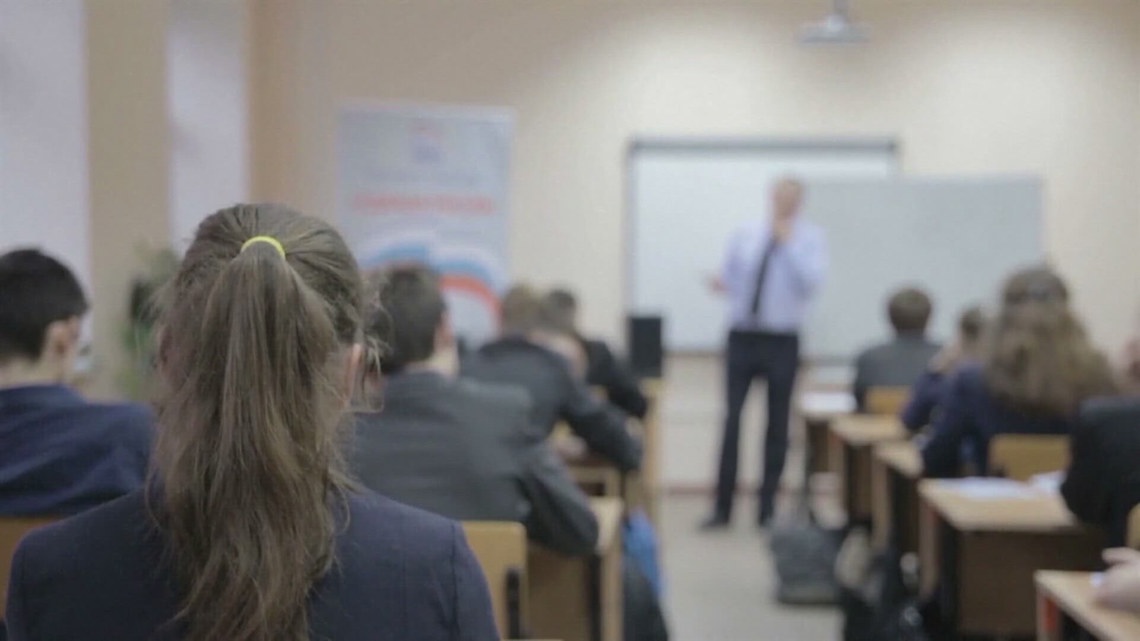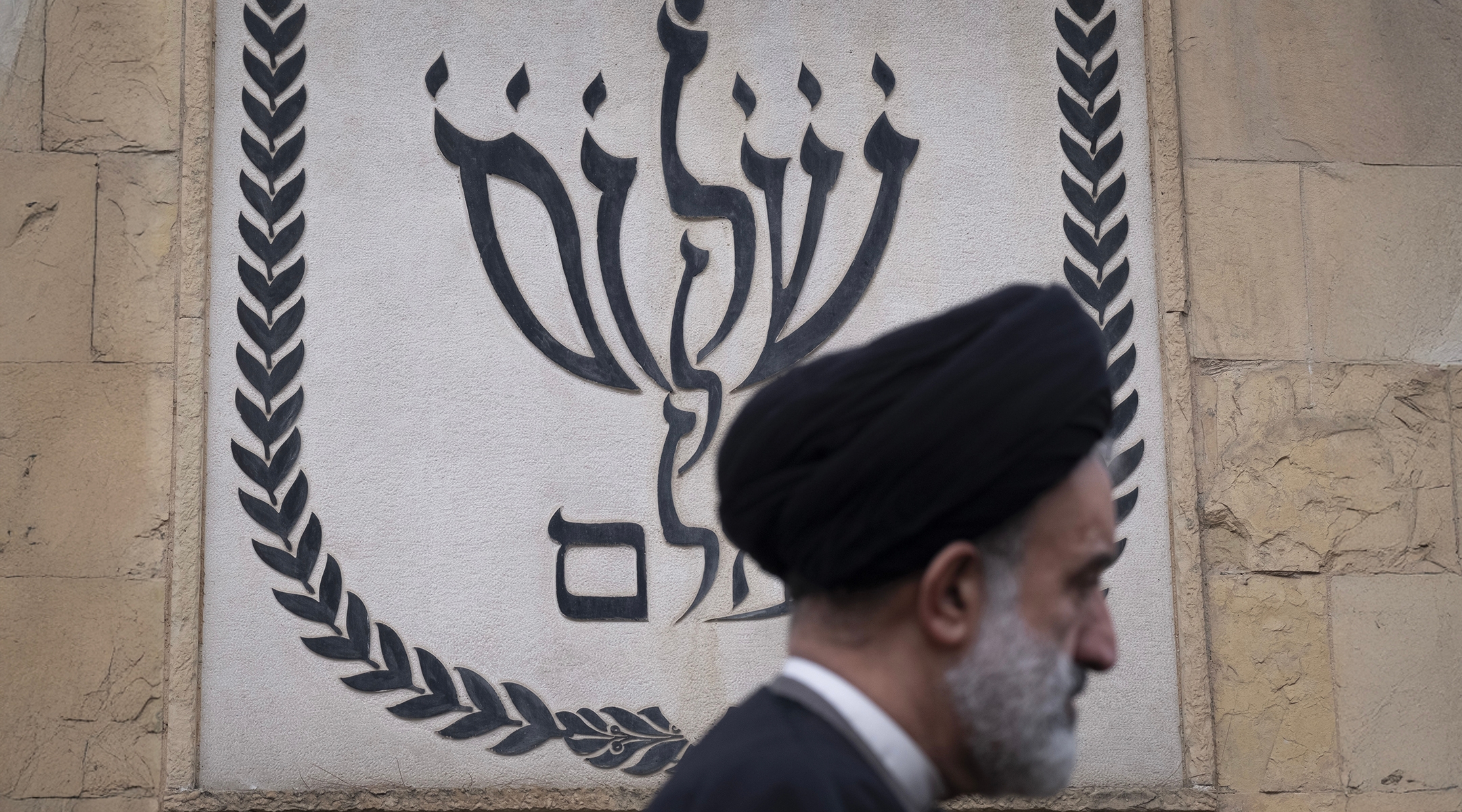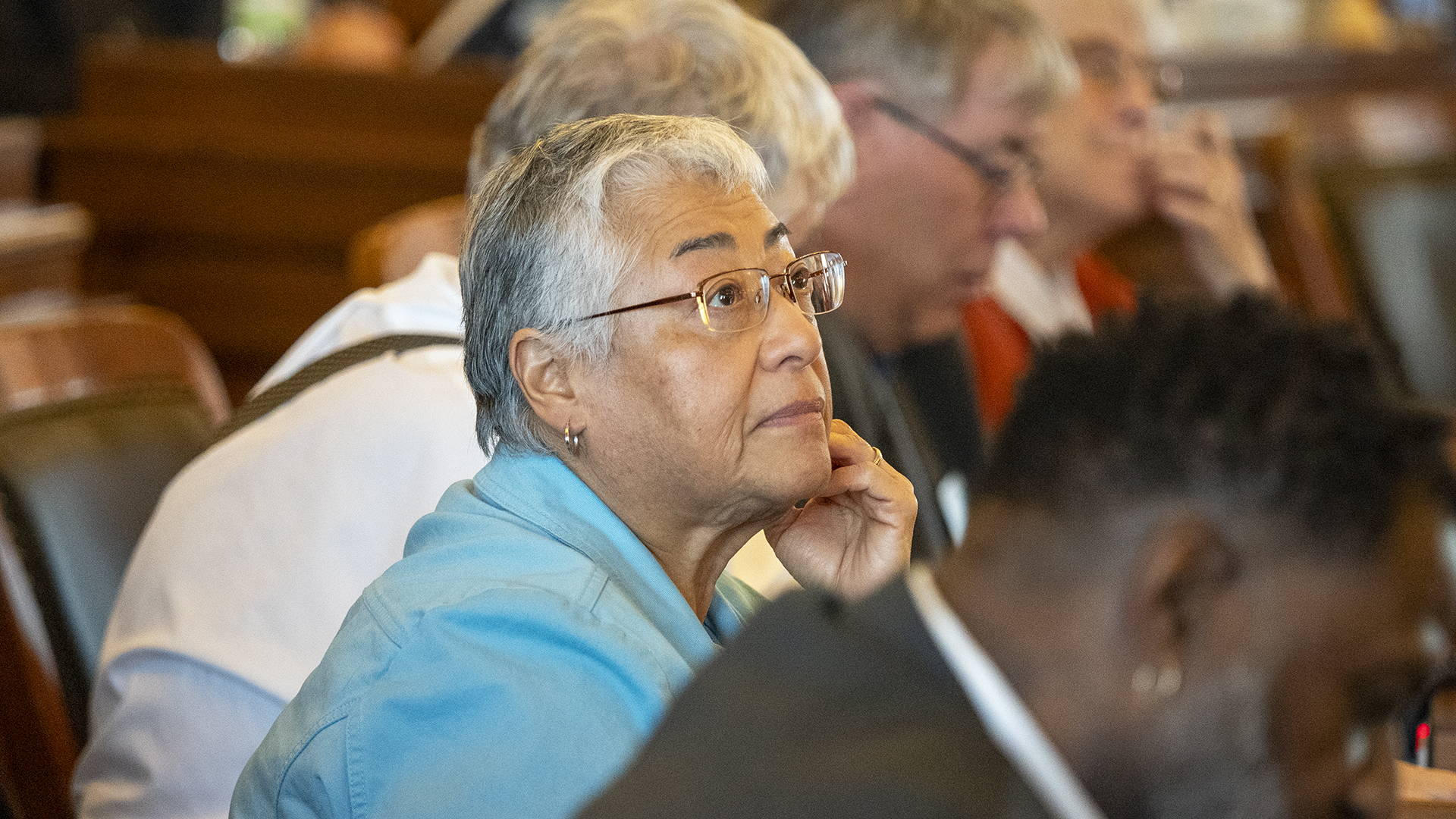Faith in the Classroom: Texas Senate Advances Controversial Religious Education Bills
Religion
2025-03-20 03:14:00Content

In a controversial move that has sparked intense debate across educational circles, two new legislative bills are poised to significantly transform classroom dynamics and religious expression in schools. Senate Bill 11 (SB-11) proposes mandating dedicated time for prayer and biblical studies, while Senate Bill 10 (SB-10) seeks to require the prominent display of the Ten Commandments in every classroom.
These proposed bills represent a bold attempt to integrate religious elements more directly into public educational spaces, raising critical questions about the separation of church and state and the potential impact on students from diverse religious backgrounds. Supporters argue that these measures will reinforce moral education and provide spiritual guidance, while critics contend that such legislation could marginalize students who do not share the same religious beliefs.
The proposed requirements would fundamentally alter the traditional secular approach to public education, potentially creating an environment where religious practices and symbols become a standard part of the school day. As these bills continue to generate passionate discourse, educators, parents, and legal experts are closely examining the potential constitutional and educational implications of such sweeping changes.
Religious Freedom in Classrooms: Texas Lawmakers Propose Controversial Education Bills
In the heart of Texas, a legislative storm is brewing as state lawmakers propose groundbreaking bills that could fundamentally reshape the educational landscape, sparking intense debate about the intersection of religious expression and public education.Transforming Classroom Dynamics: A Bold Legislative Challenge
The Spiritual Dimension of Education Policy
The proposed legislative measures, Senate Bills 10 and 11, represent a profound attempt to integrate religious elements more deeply into public school environments. These bills signal a significant shift in how educational institutions might approach spiritual and moral instruction, challenging long-standing interpretations of separation between church and state. Senate Bill 11 introduces a revolutionary concept by mandating dedicated time for prayer and biblical studies within school curricula. This provision suggests a radical reimagining of instructional time, potentially allowing students structured opportunities for spiritual reflection and religious exploration during standard academic hours.Constitutional Implications and Educational Philosophy
The legislative proposals raise complex constitutional questions about religious freedom, educational neutrality, and the boundaries of institutional spiritual expression. Legal experts anticipate potential challenges that could ultimately require judicial interpretation of these unprecedented educational mandates. Senate Bill 10 takes an equally provocative approach by requiring the prominent display of the Ten Commandments in every classroom. This directive represents more than a symbolic gesture, potentially transforming physical learning spaces into environments that explicitly communicate religious moral frameworks.Community and Political Perspectives
Supporters of these bills argue that they represent a necessary restoration of traditional values within educational institutions. They contend that incorporating religious elements can provide moral guidance and spiritual grounding for students navigating increasingly complex social landscapes. Conversely, opponents view these proposals as potential violations of constitutional principles protecting religious neutrality in public education. They warn of potential divisive consequences and the risk of marginalizing students from diverse religious backgrounds or those who do not subscribe to specific religious traditions.Potential Societal and Educational Impacts
The proposed legislation could trigger profound conversations about the role of spirituality in public education. By mandating explicit religious representations and dedicated spiritual time, these bills challenge existing paradigms of secular educational practice. Educational administrators and teachers would face unprecedented challenges in implementing these requirements, potentially requiring significant professional development and curriculum redesign to accommodate the new legislative mandates.National Context and Broader Implications
These Texas legislative proposals are not occurring in isolation but represent part of a broader national dialogue about religious expression in public institutions. They reflect ongoing tensions between traditional values and evolving interpretations of constitutional principles. The potential implementation of these bills could serve as a significant precedent, potentially inspiring similar legislative efforts in other states and fundamentally challenging existing frameworks of educational policy and religious neutrality.RELATED NEWS
Religion

Religious Freedom Defense: Morris Megachurch Lawyers Seek Dismissal of Controversial Tithe Lawsuit
2025-03-12 15:00:00
Religion

Breaking: Trump's Religious Liberty Pledge Contradicts Reality as 700 Iranian Jews Remain Stranded
2025-03-06 16:30:21






